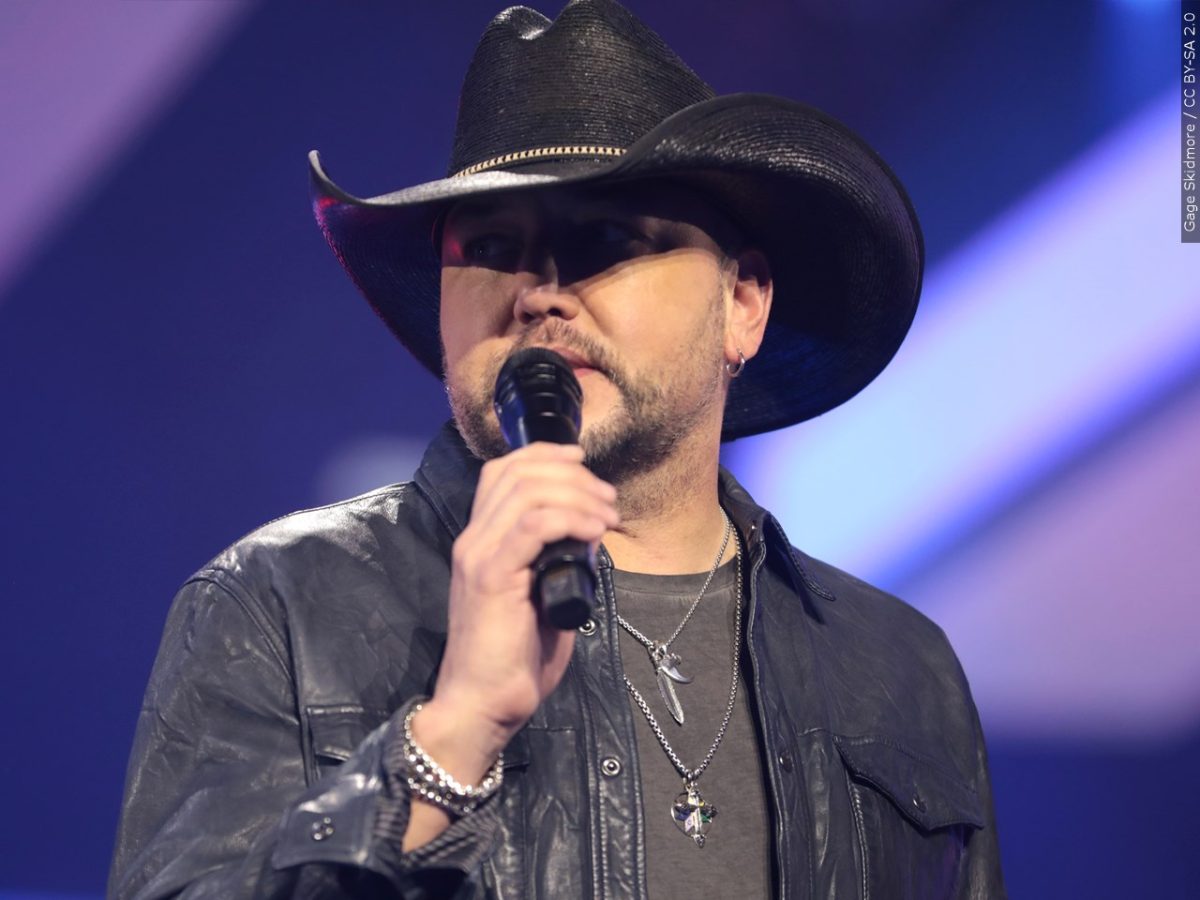The country music genre has always been known for its sonically cohesive and often-deep storytelling that resonates with the everyday American; however, it has not always been the most popular genre in America.
After the 9/11 terrorist attack, country music artists and executives began to take on a more pronounced pro-America rhetoric. The country music scene fed into the fear and distrust after the terrorist attack, and as a result, Jingoist anthems were born and paraded on air.
This rural, white narrative of F-150s, drinking beer and praising the stars and stripes did not resonate well with an increasingly racially and ethnically diverse America. Country music was now viewed as being too nationalist and an unfair representation of the United States. This led to less engagement and commercial success compared to other genres.
Today, country music appears to be making a resurgence and destigmatizing with outlaw country singer/songwriters like Zach Bryan, Tyler Childers, Colter Wall and many others. Known for their catching, painfully heartfelt lyrics and folk-inspired sounds, these artists are redefining the genre that was previously thought of as “too political.”
Bryan’s upcoming 2024 tour sold out in seconds, a feat rarely accomplished by mainstream country artists in the modern day. Childers sparked massive conversations online after releasing a music video for his single “In Your Love” which told the love story of two gay men — some considering this a risky move given his primary audience. Yet, many praised Childers and showcased their support.
Recently, Oliver Anthony became an overnight success with his powerful, blue-collar ballad “Rich Men North of Richmond.” The song quickly caught the attention of working-class Americans and landed at the top spot on the Billboard Hot 100 chart.
According to entertainment company Luminate, the song sold 150,000 downloads upon its first week of release and has garnered 50 million Spotify streams and nearly 60 million YouTube views.
“Cause your dollar ain’t sh*t and it’s taxed to no end / ‘Cause of rich men north of Richmond,” Anthony said in the chorus of the song.
With the profound resonation and virality, politicians were quick to jump on the message. Republicans are now using the song as their anthem, and it even made an appearance at the recent Republican presidential debate.
“By referring to popular songs, movies, television programs, books, etc., politicians can link themselves to elements of popular culture and seize upon their popularity,” said Eric T. Kasper, a professor at the University of Washington – Eau Claire, in an interview with USA Today. “It can be a way to positively connect with voters, and it may help bring that politician to a voter’s mind the next time the voter hears the song, watches the movie and so on.”
The success of “Rich Men” and its outspoken Republican support has been akin to that of summer blockbuster “Sound of Freedom” and Jason Aldean’s controversial chart-topper “Try That in a Small Town,” which both feature conservative overtones.
Many have always viewed media as being synonymous with a reflection of progressive deals. Lately, there seems to be a conservative pop culture movement to use media as a battleground, especially with elections nearing. Today, having a presence in pop culture entails political success.
“The fact that conservative culture is making an intentional effort to get involved is a good thing, in terms of thinking about our government as a healthy, democratic structure,” said Katie Cooper, sophomore political science and philosophy major. “With the rise of pop culture influencing political ideology, it is lessening the amount of people trying to source information for themselves.”
Sam Paton, sophomore political science major, further stressed the importance of voters holding up their civic duty by doing their own research across multiple media sources and platforms.
“People are so easily influenced by pop culture,” Paton said. “For example, if Taylor Swift does something or supports a certain movement, that’s millions of people that are probably gonna follow her ignorantly. That’s where media and pop culture can get dangerous.”
As election season progresses and politics become more polarized, it is possible that this conservative pop culture movement is not a phase, and this could result in a further political divide in the country music scene and entertainment sphere.
“We built this country on democracy,” Paton said. “Pop culture can either make or break that. It can promote independent thinking or widen the gap of picking one side.”


